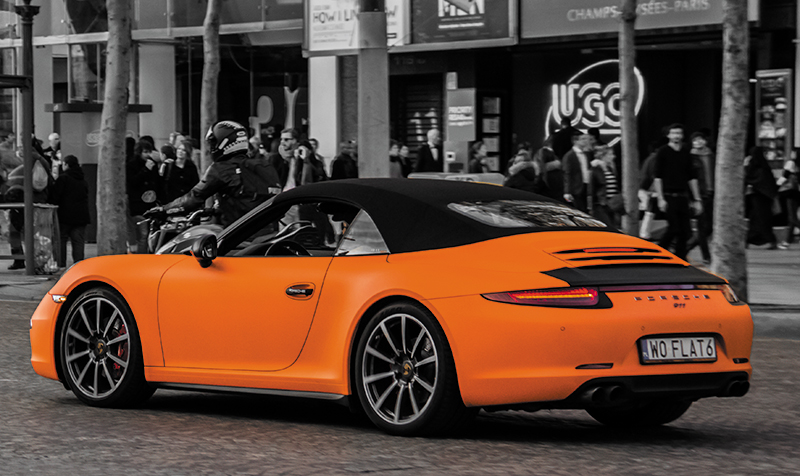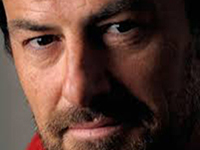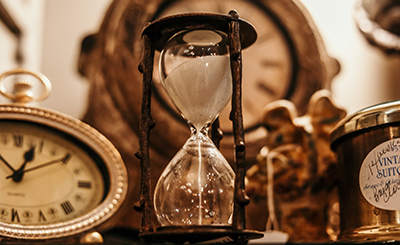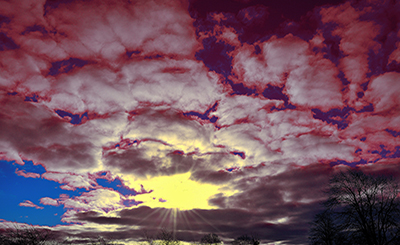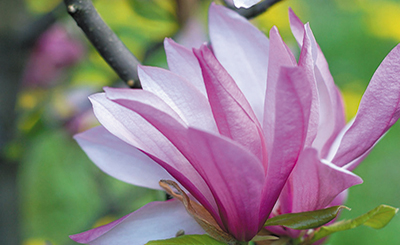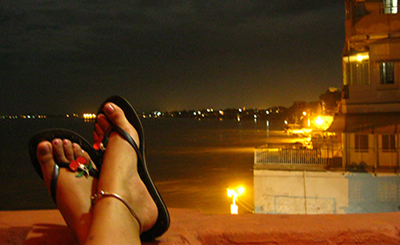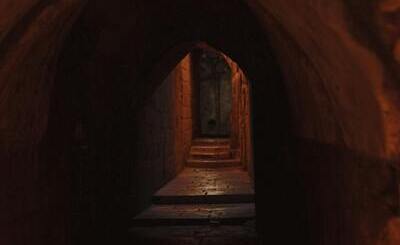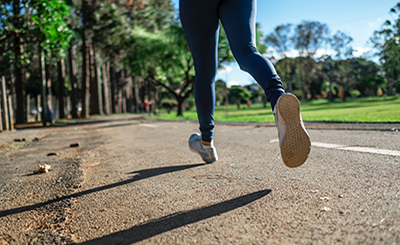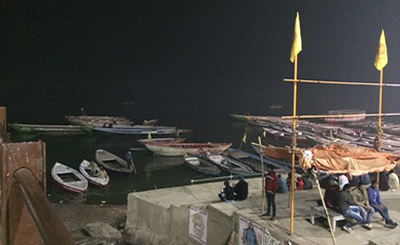As my father explained to me while driving through the countryside that afternoon, the name Carlo is simply yet another variation of the Old Germanic "Karla", meaning "free man".
Father adored Anglo-Saxon culture, though he was more impressed with the Saxon than the Anglo. In fact, his not particularly logical belief was that the British were the real Nazis, which was irrefutably proven by them winning the war. "After all, weren't they the ones who defeated their all-too sentimental German cousins?" he asked me, nodding as he pressed along the hillside road on our grind up into the mountains.
He has named me after his own father — a silent, enigmatic man who spent a good part of his twenties fighting the First World War. Grandpa Carlo was an Alpino, taxed with the special task of keeping the higher altitudes safe from the enemy. His patriotic spirit was evidently profound, because a few years later, he shipped out again, this time to the ill-fated war in Abyssinia, sprung from the delusional colonialist dreams of "il Duce" Mussolini. Capt. Carlo was elected mayor of Valdagno. Yet, like me, he was of the peripatetic sort and as soon as possible set off again, this time straight to the battlefields of World War II.
Thus Grandpa fought in three international wars. His son, my peculiar father, was left only with the war against traffic.
"The tricolore is the most beautiful flag of them all!" dad screamed, downshifting explosively as the mountain road steepened. "That's the flag we want! Freedom is what we want! Free-ee-eedom! Free-ee-eedom!" he sang and then, as we continued to climb, he suddenly stopped singing, grunted, looked outside and barked at the windscreen: "What the hell are all these people doing all day long? Look at all those cars blocking the way! What are they driving around for? They're stinking up the air all the way to Heaven..." He ripped a Kleenex into two pieces and jammed them up his nostrils, the better to filter the pollution. The torn ends stuck out like the white-hot edges of the holy fire burning in his brain. "Have they got nothing better to do? All these day trippers should stay home where they belong. Unfortunately this damned idiocy of a de-mo-cra-cy," he pronounced the word with a sneer, "has made it mandatory for them to waste their time and money on cheap plastic Sunday tables, where they eat their cheap roadside Sunday lunches, sitting on their cheap plastic folding Sunday chairs."
Was it that father agreed with Spinoza's idea that freedom is impossible at the individual level since we delude ourselves that we actually will our impulses? Or did he believe in a more Heideggerian view, that freedom and truth are one and the same and that we embrace truth and thus freedom when we let being be? In truth, I'm not sure he went much beyond Tolkien. But I'd put my money on the fact that whatever he thought, it was buttressed with Nietzsche. His violently underlined copy of Thus Spoke Zarathustra served to remind him that free will is free only when it learns to transform the "so it was" into the much more useful "so I have willed it to be".
And so, to this peculiar man "freedom" meant he could take off and leave a family of four children any time he felt like it, disappearing into thin air for weeks, more often for months, and at times for over a year. This freedom also included his complete indifference to ever explaining where he'd been.
Needless to say, we did not enjoy his ranging detachment from all earthly cares. We were brought up on a more conventional model — even if that model happened to be conventional in 19th-century Prussia. We were to stay rigidly put, not speak at the table (or ever, for that matter, unless asked to) and eat only what was put on our plates, "and all of it! Unless you want to spend a week's detention in your room after school".
Among his freedoms were those of squandering his inheritance, buying a gas-guzzling Porsche during the seventies' fuel crisis, freshening his wardrobe with the latest products from Paris and Milan, and circling the globe repeatedly in first class while our mother had to beg from grandma's pension to help raise her four nouveau-pauvre children. In the end, he freed us from middle-class comfort and from his company as he drop kicked us (literally) one by one through the front door of the house.
On that drive, one of my last memories of my father, I remember not only his singing "Freedom!" with his distinct screechy baritone, but also his rendition of another melody, his favourite really, the tune which spoke to him the most deeply of all the hymns in the world. It was a marching song from the 1920s and it went like this: "Youth, oh youth, you're the springtime of beauty! Fascism is the saviour of our freedom and for Benito Mussolini: hip hip hooray! For Beniiitooo Mussoliiii-niii: hip hip hooray!"
I think he grew old frozen into that nostalgic rearward glance.
Though I wouldn't know since I haven't spoken to him for seventeen years, and he might, meanwhile, have lost his driver's licence, with all that singing and screaming at the wheel.
(Adapted from Criminále, Pizzati's first novel on patricide)
